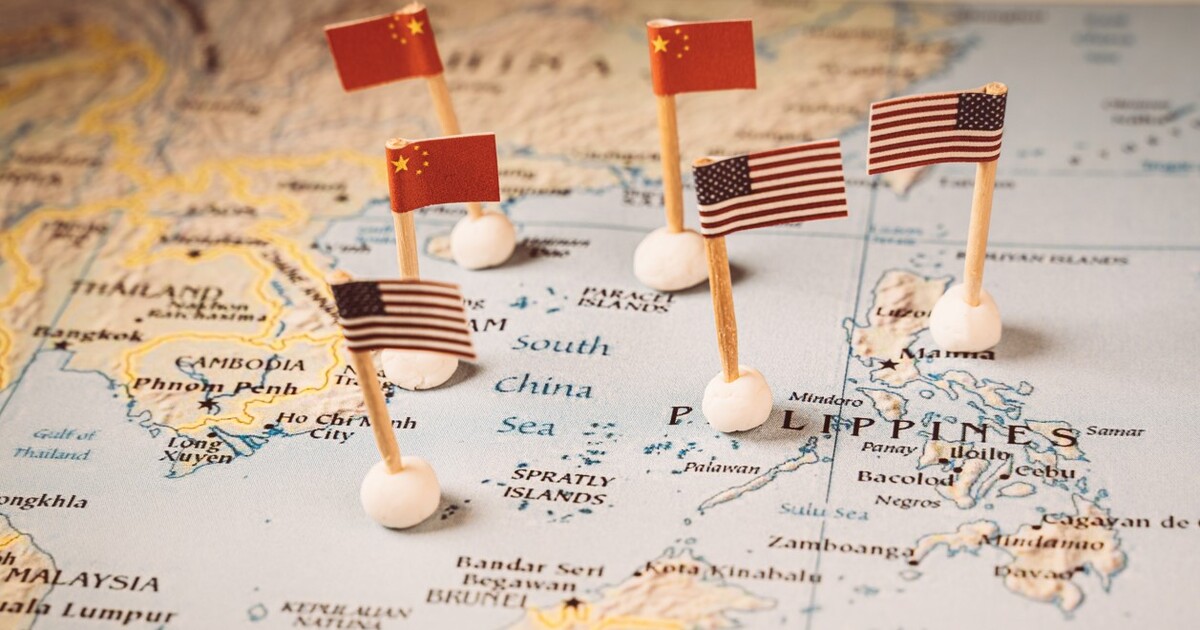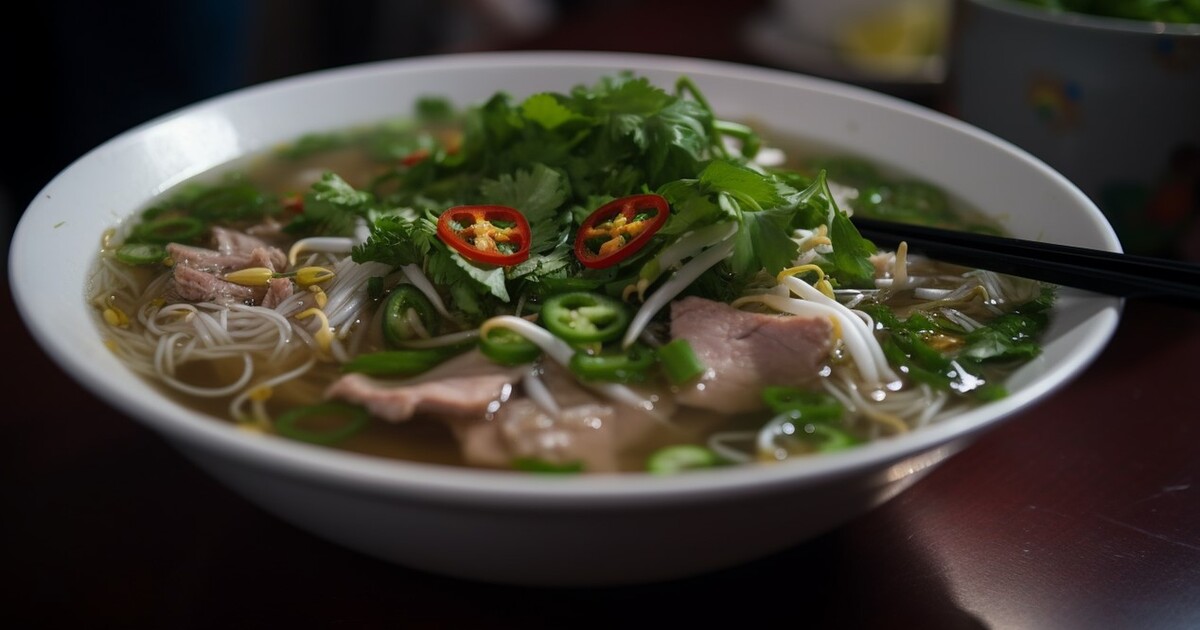China’s Clock Is Ticking
Why Xi Jinping thinks that the time for Chinese military expansionism toward Taiwan is now.
January 3, 2025

A Strategic Assessment Memo (SAM) from the Global Ideas Center
You may quote from this text, provided you mention the name of the author and reference it as a new Strategic Assessment Memo (SAM) published by the Global Ideas Center in Berlin on The Globalist.
Last year’s Chinese military exercises encircling Taiwan have been described by the Chinese side bluntly, but – given the otherwise secretive nature of the regime – also with remarkable transparency as a “test to its ability to ‘seize power’ over the island,” as the People’s Liberation Army proudly stated.
One may be inclined to interpret this to be blustering military talk. However, the political will to back up this threat is clearly in place. Therefore, taking China’s actions for bluster would be a terrible misinterpretation with grave consequences for global security.
China’s threat is dead serious, and the threat is imminent, not just to Taiwan, but – in a broader sense – to the increasingly dysfunctional, yet still existing (and critical to maintain) world order.
China’s dictator-for-life, Xi Jinping, is coming to terms with two very unpleasant, yet brutal realities.
China has reached its economic pinnacle
First, that China is reaching its economic pinnacle. As one would say in sports, the country is peaking too soon. Despite all the economic steroids that China has used for decades to muscle up, the rest of the world is finally determined to enforce (economic) anti-doping rules.
What is more, the world of unfettered global consumerism that was the basis for China’s – largely Western sponsored – economic miracle itself is in slow decline. A key reason is the inexorable rise of global aging.
China and the limits of growth
In addition, the Chinese economic model of being the manufacturing hub of the world has created a level of overcapacity and supply chain concerns that will be tolerated ever-less by other world regions.
Unfortunately for China, all of this occurs long before the country ever became a moderately wealthy nation.
The fallacies of Xi Jinping’s “economic” thought
Xi Jinping decided early on in his tenure on disposing of the Chinese leadership model that was developed after Mao’s death. It allowed for a planned ten-year reign to ensure the infusion of fresh blood at the top.
Unfortunately, Xi’s regression to concentrating political and military powers in the hands of one sole and “eternal” leader has come at the very steep – and potentially lethal – cost of ripping the heart out of China’s once vibrant range of private-sector companies.
He clearly preferred total political control of every aspect of the Chinese economy over the key task to enhance and secure the country’s growth potential via entrepreneurship.
The centralization pursued by Xi may thus end up coinciding with China’s economic decline after reaching the – current, but quite possibly temporary – apex.
Operating with a very short fuse
This makes for a very dangerous and volatile mix. Watching his country’s economic struggles, while daily confronting the fact that his own days are naturally numbered, Xi is growing increasingly impatient.
It used to be that patience was understood to be the greatest Chinese virtue. However, Xi is no longer playing the long game that his country was long known for. Instead, he is operating with a very short fuse. That is not good in a country also infamously known as the inventor of gunpowder.
Consequences for the Western alliance
For the Western alliance, there are several conclusions that must be drawn:
First, a military confrontation with China could be imminent. Second, a war on multiple fronts is also extremely likely.
Third, all emergency lights are blinking with regard to critical dependencies on China that could destroy or severely disable life in the West or lead to a devastating military defeat.
Germany’s choice to stick with China is not only un-strategic and un-enlightened. It also repeats the mistake made with Putin’s Russia (“he won’t go to war with us as that would risk his economic relationship with us”). It also undermines the Western alliance.
Some of these dependencies are the production of pharmaceuticals, rare earth materials, computer chip production and countless others.
Fourth, the time for lofty speeches is over. NATO and its member countries must shift to a scenario preparing for World War III. After all, the only way to avoid war is to be prepared for it. Germany’s Ostrich (“head in the sand”) strategy is simply ridiculous.
The more determined NATO is in doing that, the greater the deterrence. It is the West’s last hope to keep China from crossing the line.
Conclusion
There will be those who will preach “de-escalation.” It is, in principle, a good idea. But once someone is holding a fully loaded gun to your head, you better be prepared to deal with the threat.
Takeaways
Xi Jinping's Chinese military expansionism toward Taiwan is a serous threat not just to Taiwan but – in a broader sense – also to the increasingly dysfunctional, yet still existing, world order.
It used to be that patience was understood to be the greatest Chinese virtue. However, Xi is no longer playing the long game that his country was long known for.
All emergency lights are blinking with regard to critical dependencies on China that could destroy or severely disable life in the West or lead to a devastating military defeat.
The time for lofty speeches is over. NATO and its member countries must shift to a scenario preparing for World War III. After all, the only way to avoid war is to be prepared for it.
There will be those who will preach “de-escalation.” It is, in principle, a good idea. But once someone is holding a fully loaded gun to your head, you better be prepared to deal with the threat.
A Strategic Assessment Memo (SAM) from the Global Ideas Center
You may quote from this text, provided you mention the name of the author and reference it as a new Strategic Assessment Memo (SAM) published by the Global Ideas Center in Berlin on The Globalist.


